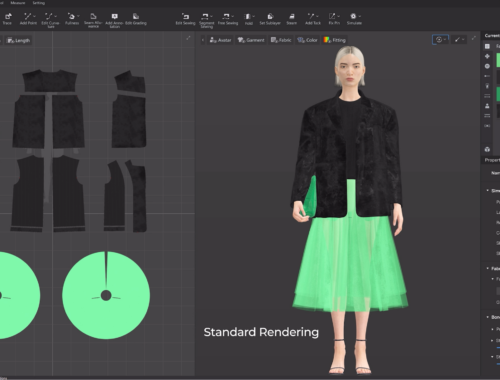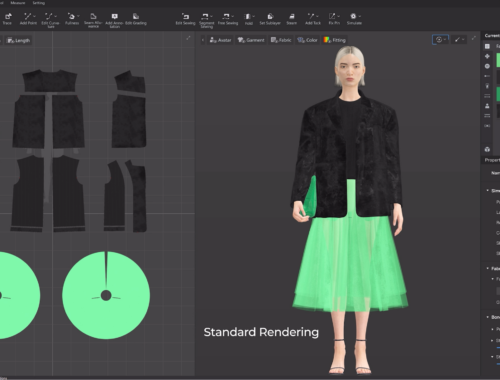Donald Trump declares newspapers the ‘opposition party’ as they rebuke ‘dirty war’ on free press with coordinated editorials
Donald Trump has called America’s press "the opposition party" after more than 300 newspapers coordinated to rebuke his frequent attacks on the media.
The US president accused The Boston Globe, which called for the nationwide denouncement, of being "in collusion" with other papers.
The paper had pledged to write an editorial "on the dangers of the administration’s assault on the press" on August 16, and asked others to do the same.
Some 350 US national and regional newspapers heeded the call, including the New York Times, the pro-Trump tabloid the New York Post and some local papers in states that Mr Trump won during the 2016 presidential election.
The Globe said it coordinated publication among the newspapers and carried details of it on a database on its website.
The Boston Globe, which was sold to the the Failing New York Times for 1.3 BILLION DOLLARS (plus 800 million dollars in losses & investment), or 2.1 BILLION DOLLARS, was then sold by the Times for 1 DOLLAR. Now the Globe is in COLLUSION with other papers on free press. PROVE IT!
— Donald J. Trump (@realDonaldTrump) August 16, 2018
Each paper ran an editorial, which is usually an unsigned article that reflects the opinion of an editorial board on a particular subject and is separate from the news and other sections in a paper.
The Globe’s editorial accused Mr Trump of carrying out a "sustained assault on the free press."
Waking up to the simultaneous editorials, the US president used Twitter to presented himself as at war with the press. "THE FAKE NEWS MEDIA IS THE OPPOSITION PARTY. It is very bad for our Great Country….BUT WE ARE WINNING!", he said.
Mr Trump said The Boston Globe was “in collusion” with other newspapers for leading the editorial effort.
Fake news | What exactly is it – and how can you spot it?
"The greatness of America is dependent on the role of a free press to speak the truth to the powerful," the Globe’s editorial said. "To label the press ‘the enemy of the people’ is as un-American as it is dangerous to the civic compact we have shared for more than two centuries."
The president’s own campaign team is currently being investigated for possible collusion with Russia in the 2016 election.
In a subsequent tweet, Mr Trump said he supported “true FREEDOM OF THE PRESS” but repeated accusations that most reporters were "fake" or "pushing a political agenda".
Mr Trump has frequently criticised journalists and described news reports that contradict his opinion or policy positions as fake news.
"News reporters and editors are human, and make mistakes. Correcting them is core to our job," it said. "But insisting that truths you don’t like are ‘fake news’ is dangerous to the lifeblood of democracy. And calling journalists the ‘enemy of the people’ is dangerous, period."
The unified response in editorials across the country on Thursday came after Mr Trump announced he had revoked the security clearance of former CIA director John Brennan, a vocal critic of the president.
Jewel Samad/AFP
Mr Trump has also said the security clearances of several other former intelligence officials, including James Clapper, the former Director of National Intelligence, and ex-FBI Director James Comey are "under review".
All of the individuals have publicly rebuked the president or are people whom Mr Trump appears to believe are against him.
Democrats have called it an "enemies list," a reference to the Nixon White House, which kept a list of President Richard Nixon’s political opponents to be targeted with punitive measures.
Former CIA directors and other top national security officials are typically allowed to keep their clearances so they can be in a position to advise their successors and to hold certain jobs.
Mr Brennan, who has served three presidents, has accused Mr Trump’s campaign of colluding with Russia to sway the 2016 election and claims he is now desperate to end the special counsel’s investigation.
Austin American Statesman via AP
In an op-ed in The New York Times, the former spy chief wrote: "Trump clearly has become more desperate to protect himself and those close to him, which is why he made the politically motivated decision to revoke my security clearance in an attempt to scare into silence others who might dare to challenge him."
Mr Trump himself drew a direct connection between the removal of Mr Brennan’s clearance and the Russia probe, telling The Wall Street Journal the investigation was a "sham," and "these people led it!"
It was a swift departure from the official explanation given by the White House on Wednesday, which cited "the risks" posed by what it termed Mr Brennan’s "erratic conduct and behaviour".
Later in the day the retired US Navy admiral who oversaw the raid that killed Osama bin Laden asked Mr Trump to revoke his security clearance.
William McRaven, writing in the Washington Post, said he would "consider it an honour" to "add my name to the list of men and women who have spoken up against your presidency".
He accused Mr Trump of "McCarthy-era tactics" and claimed the president had "embarrassed us in the eyes of our children, humiliated us on the world stage and, worst of all, divided us as a nation".
Click Here: geelong cats guernsey 2019
You May Also Like

DO YOU KNOW HOW TO EXTEND THE LIFESPAN OF YOUR LASER CUTTING MACHINE?
November 22, 2024
AI in Fashion: Revolutionizing Design, Shopping, and Supply Chains
February 28, 2025